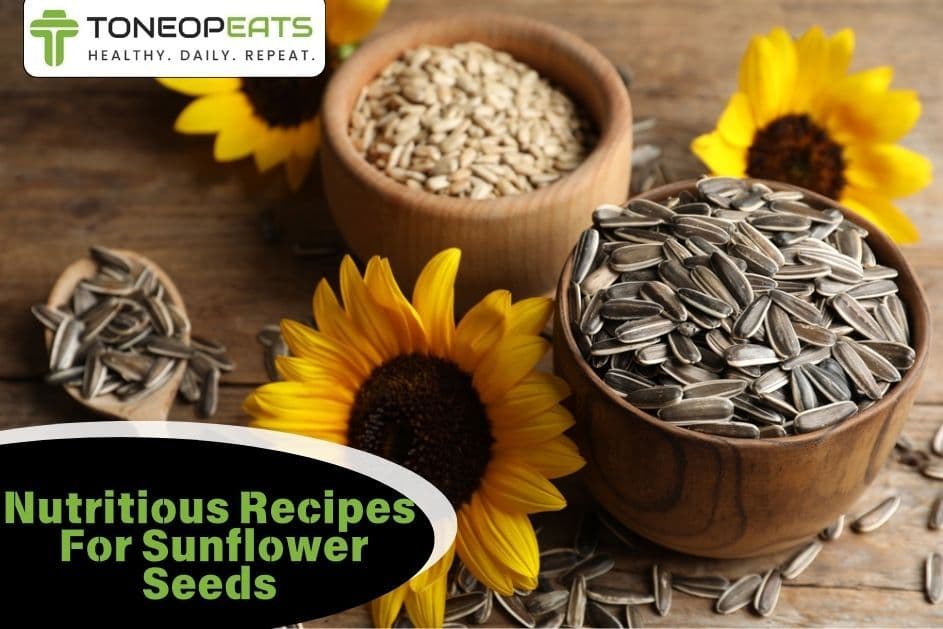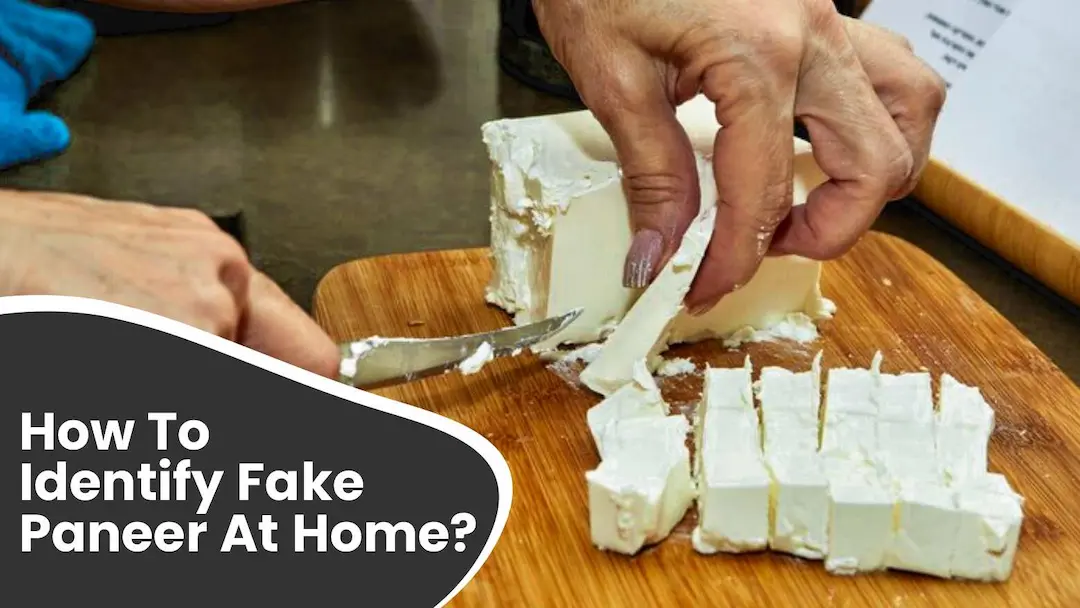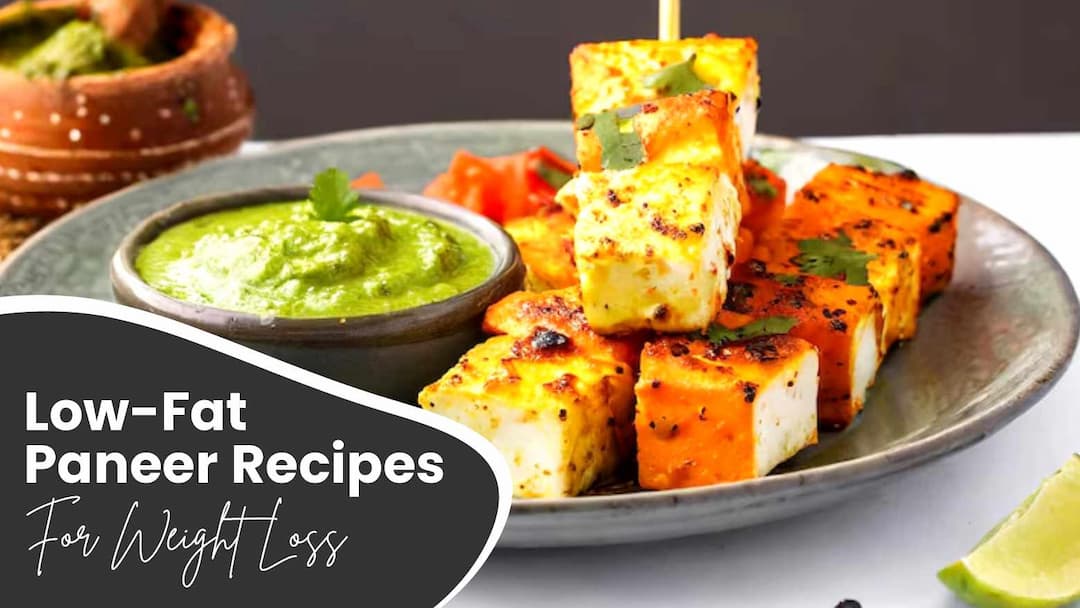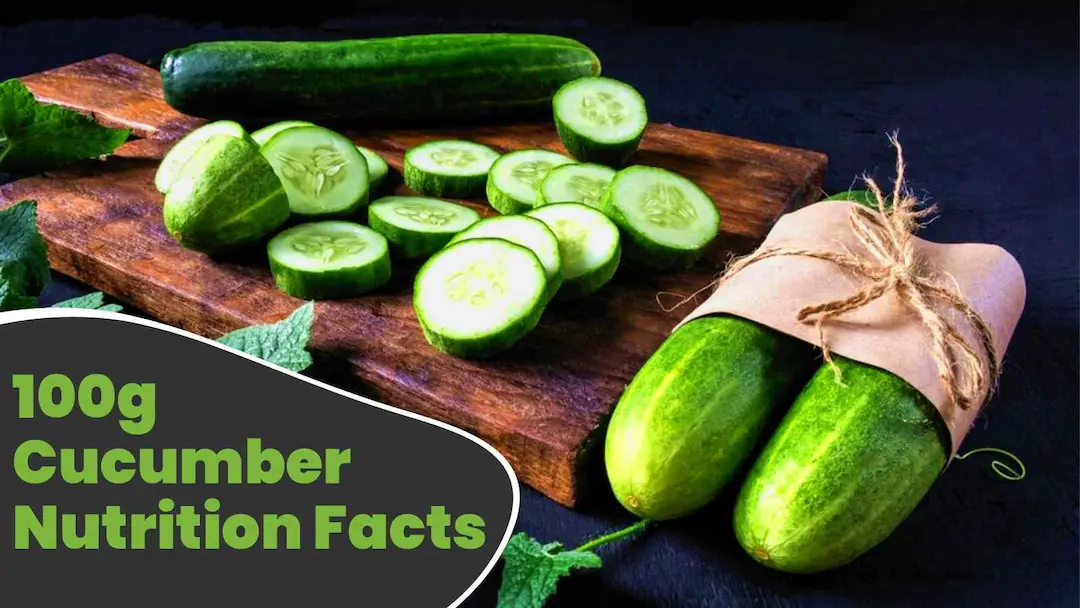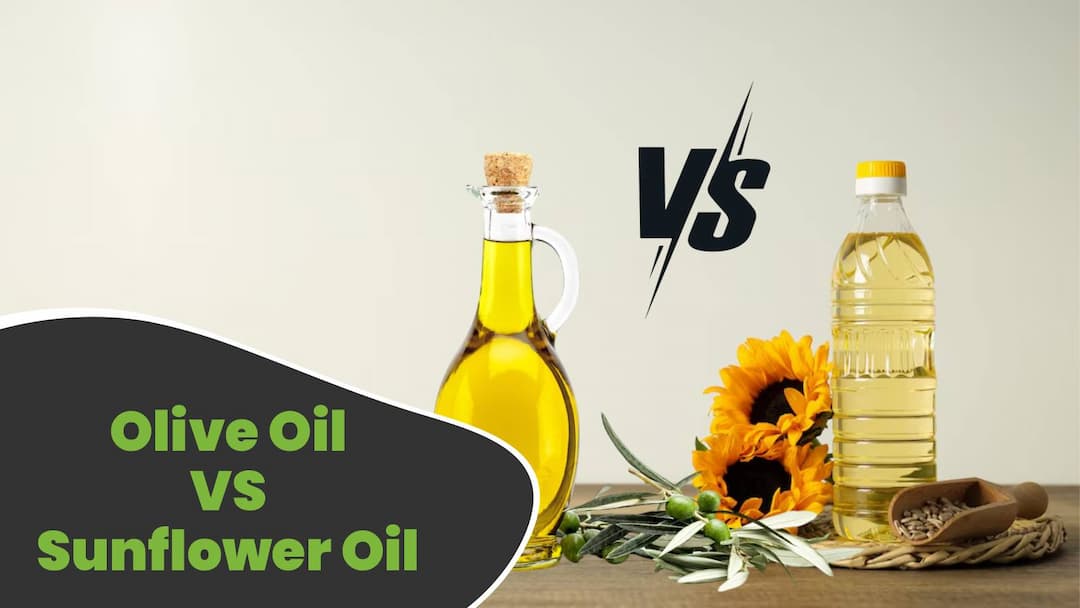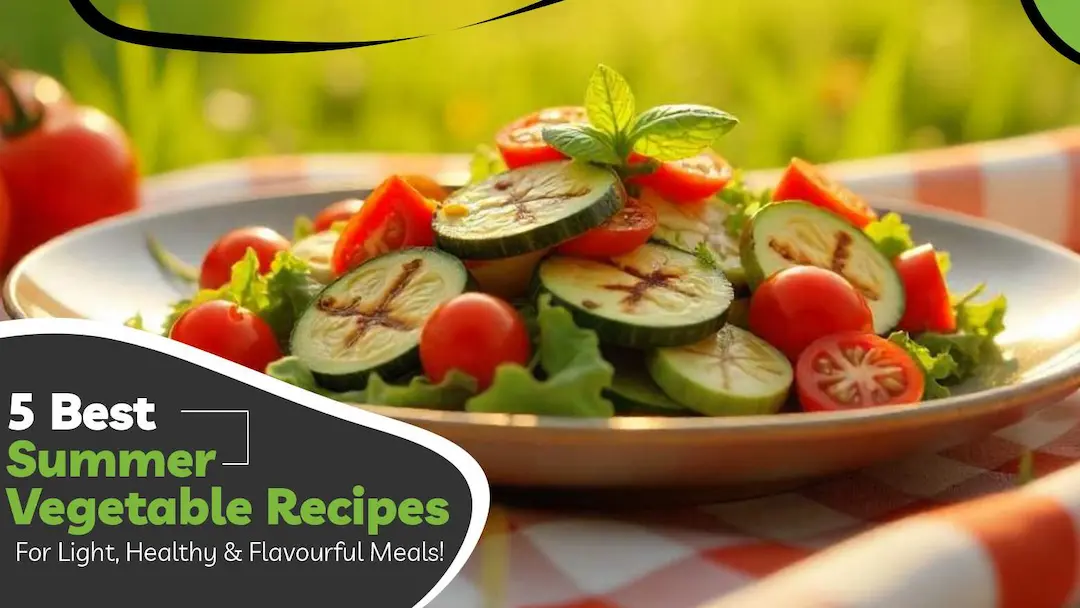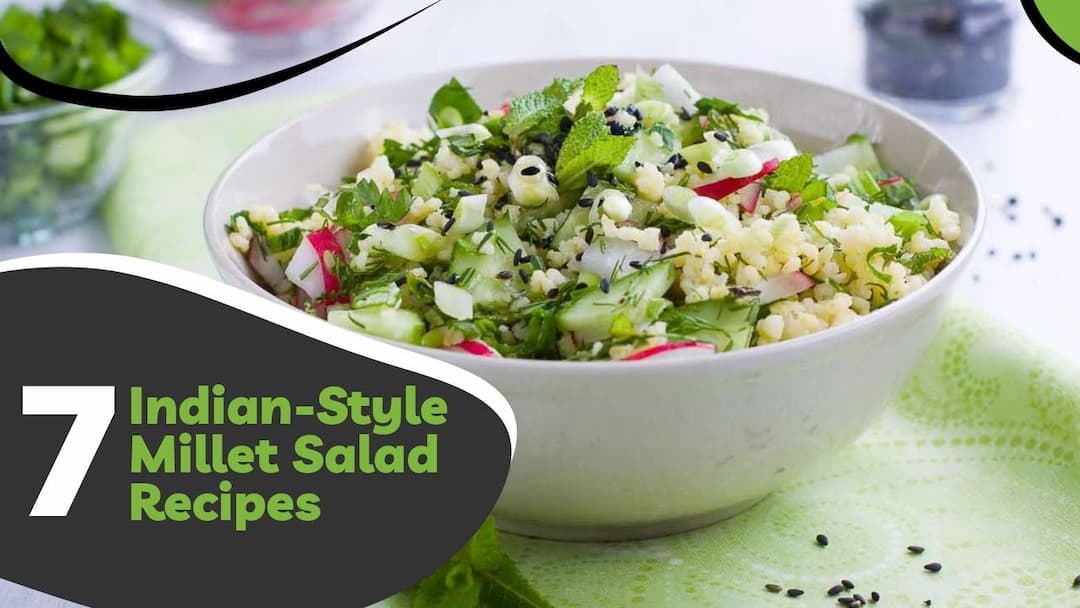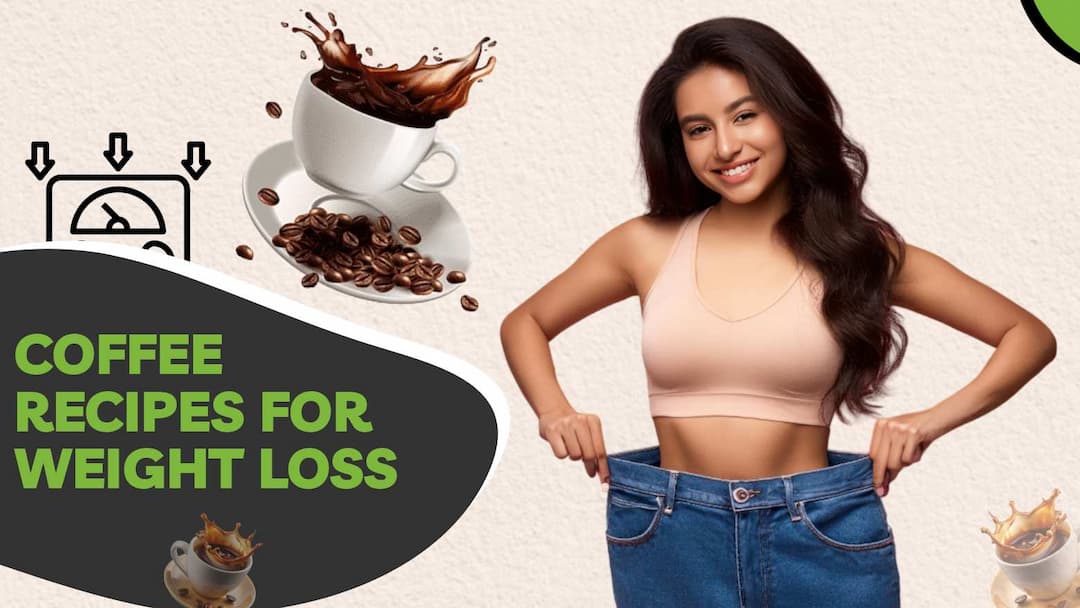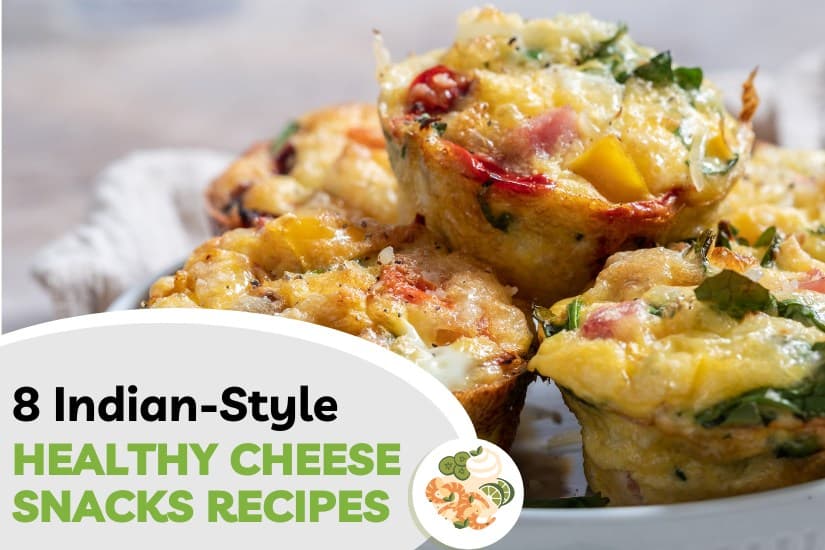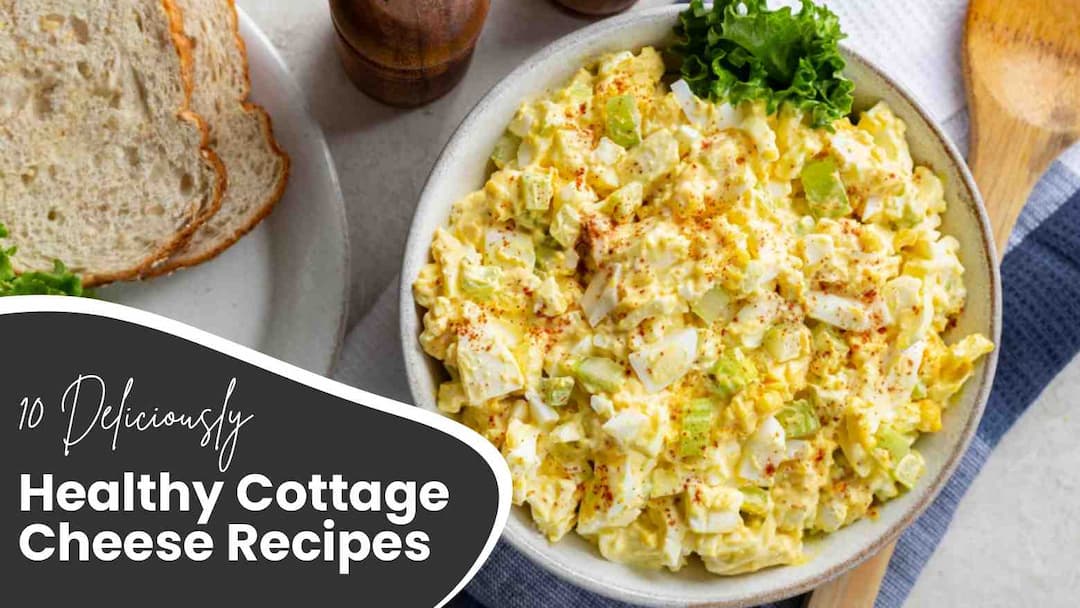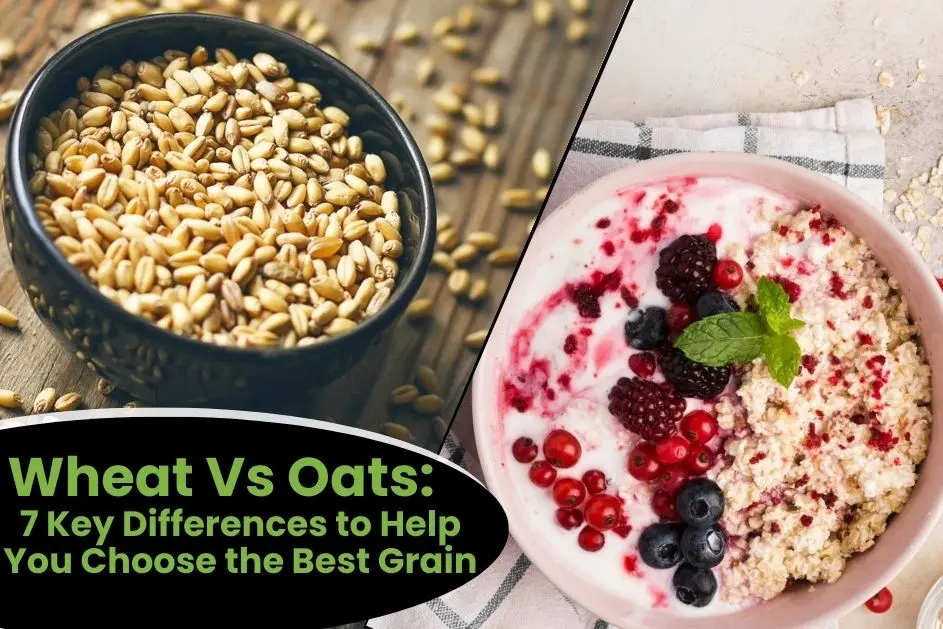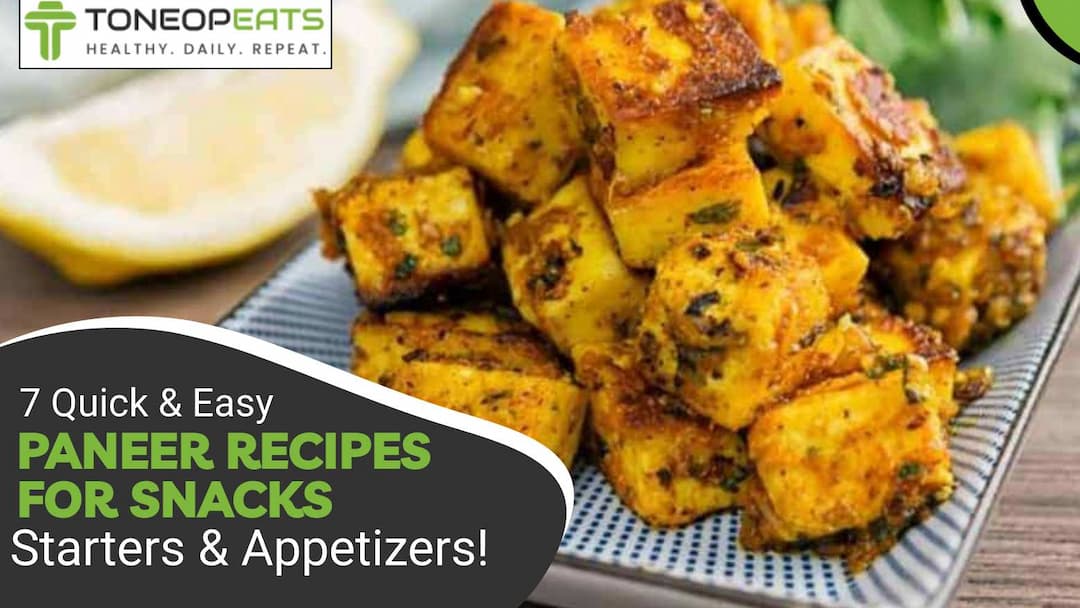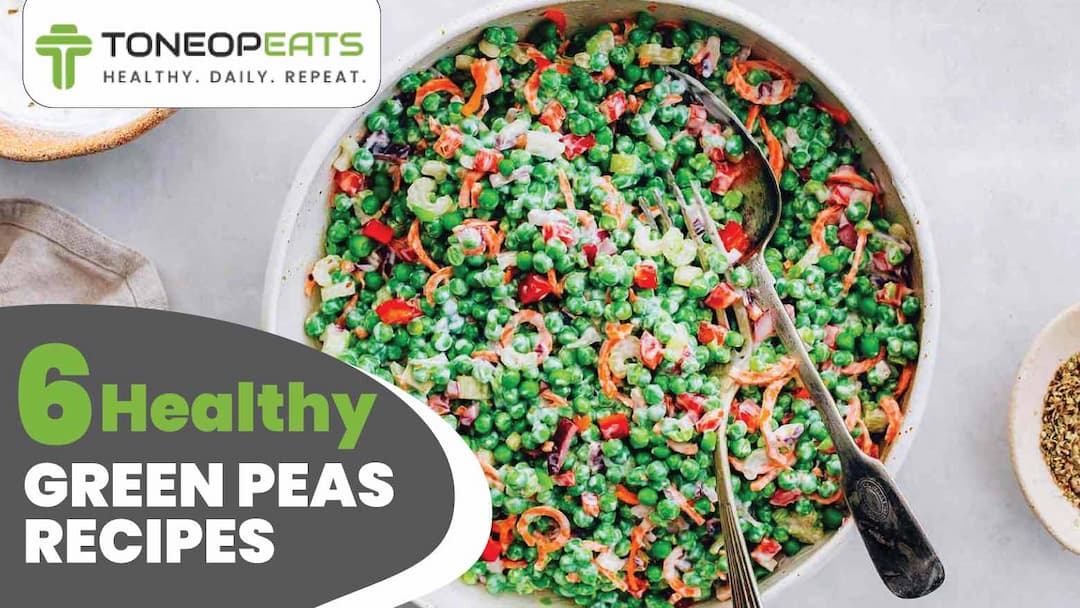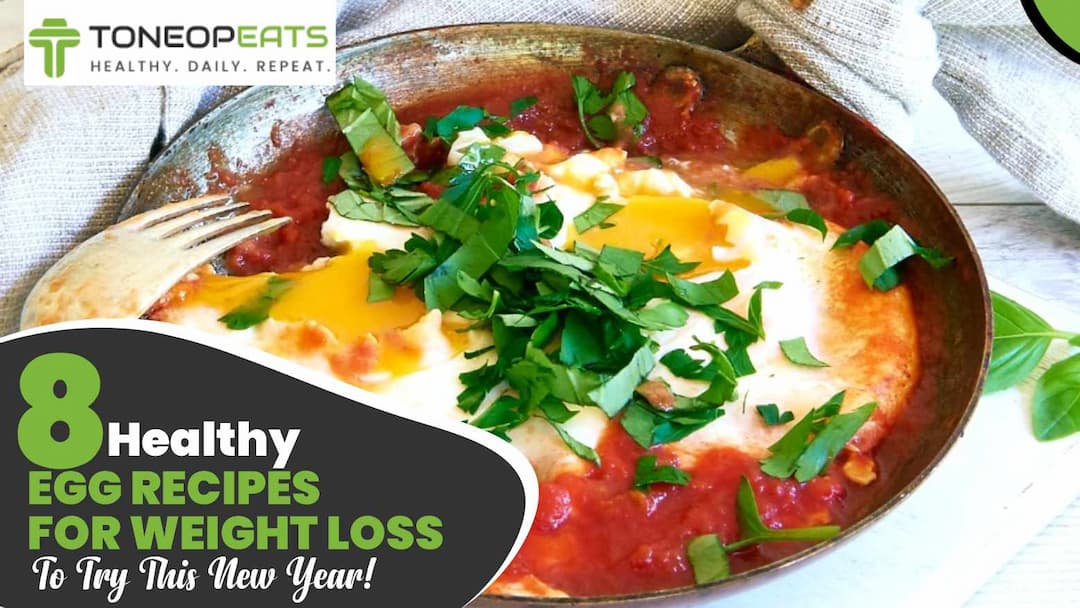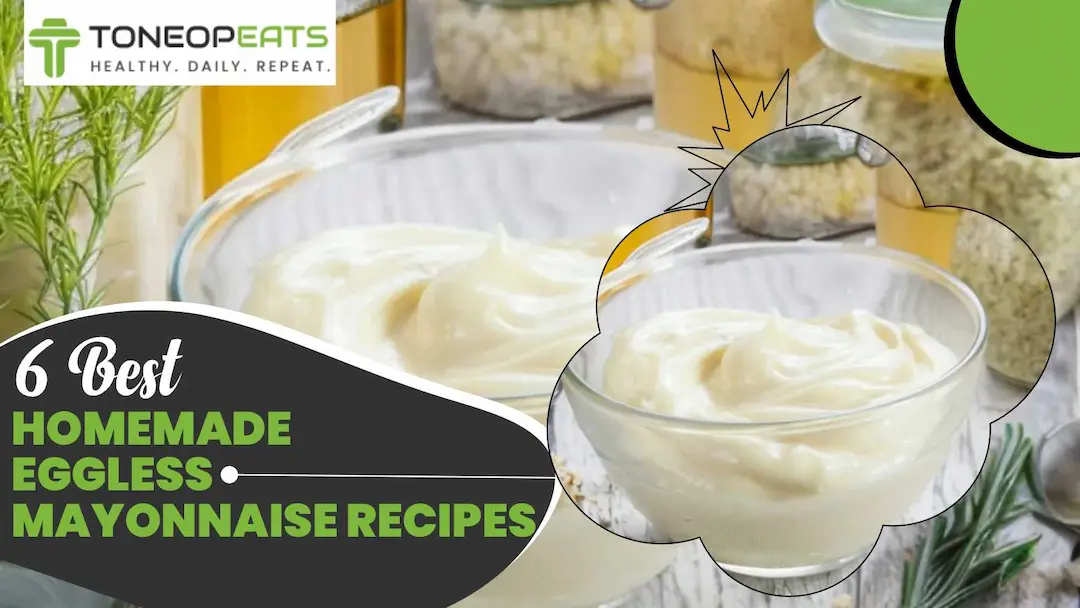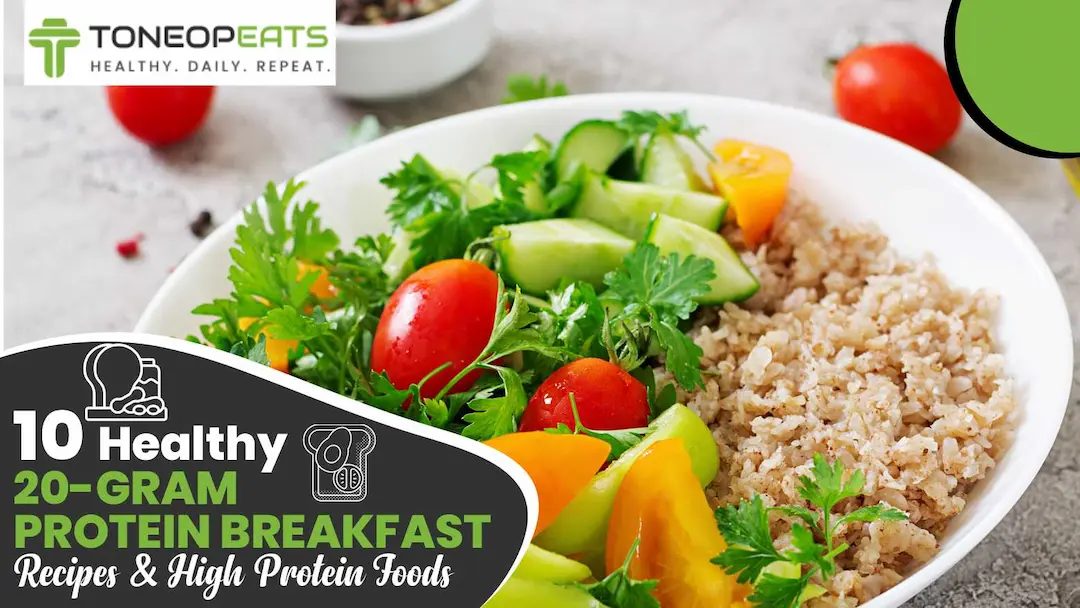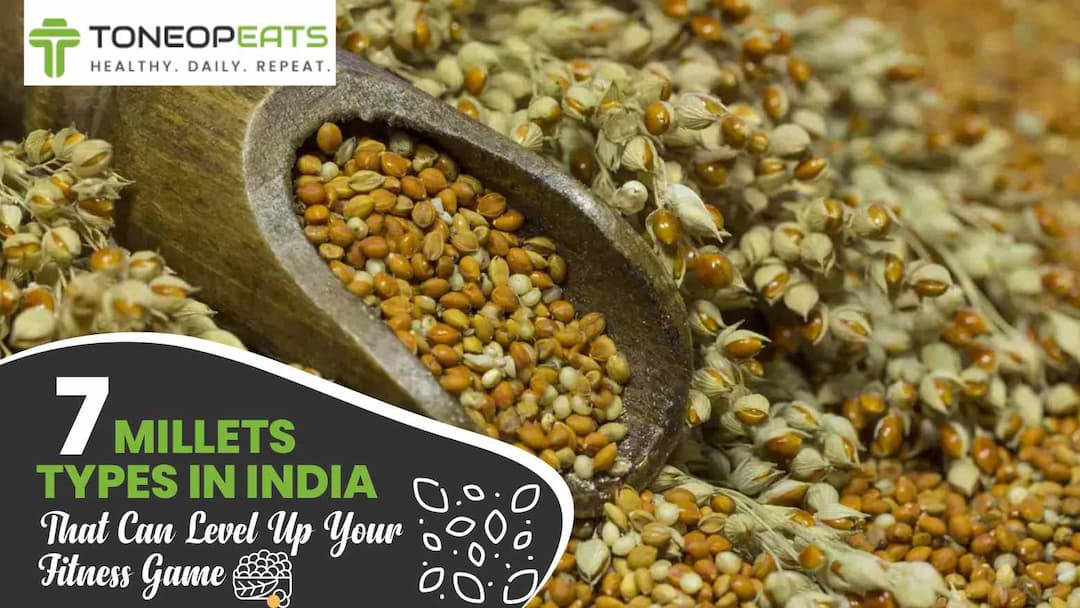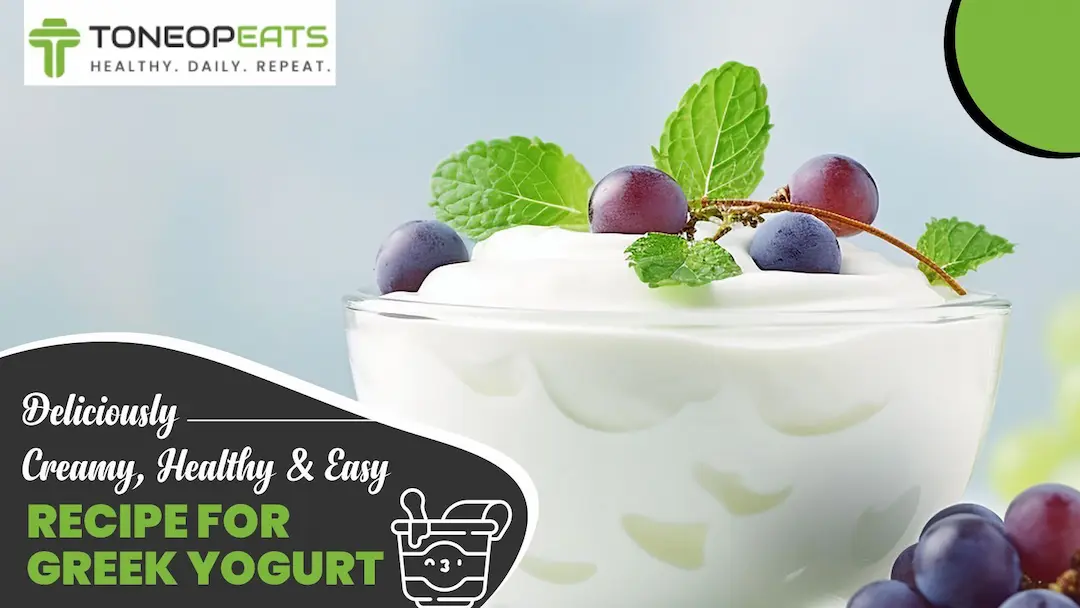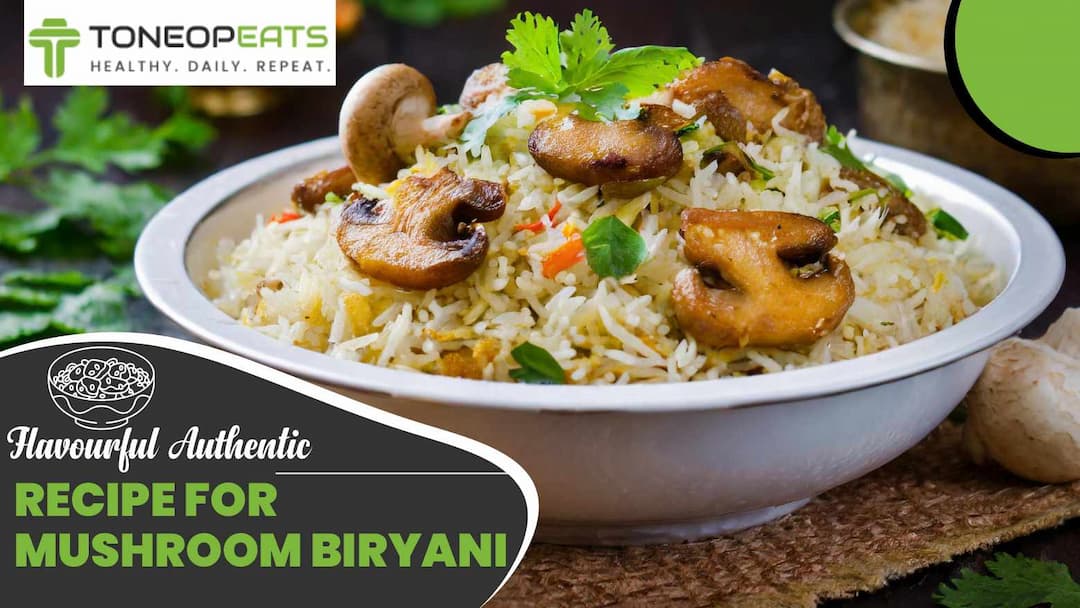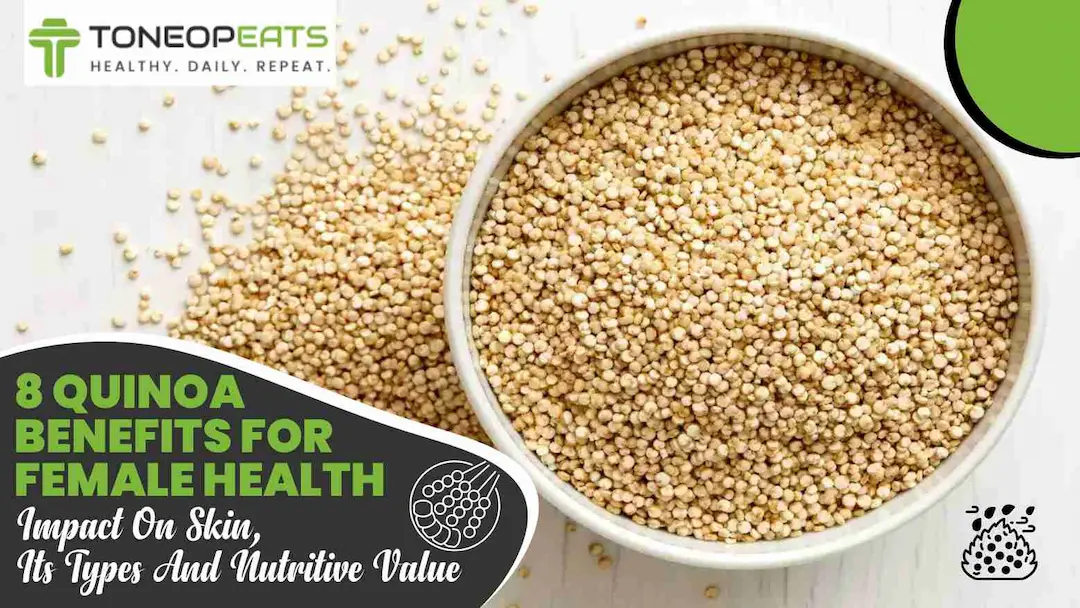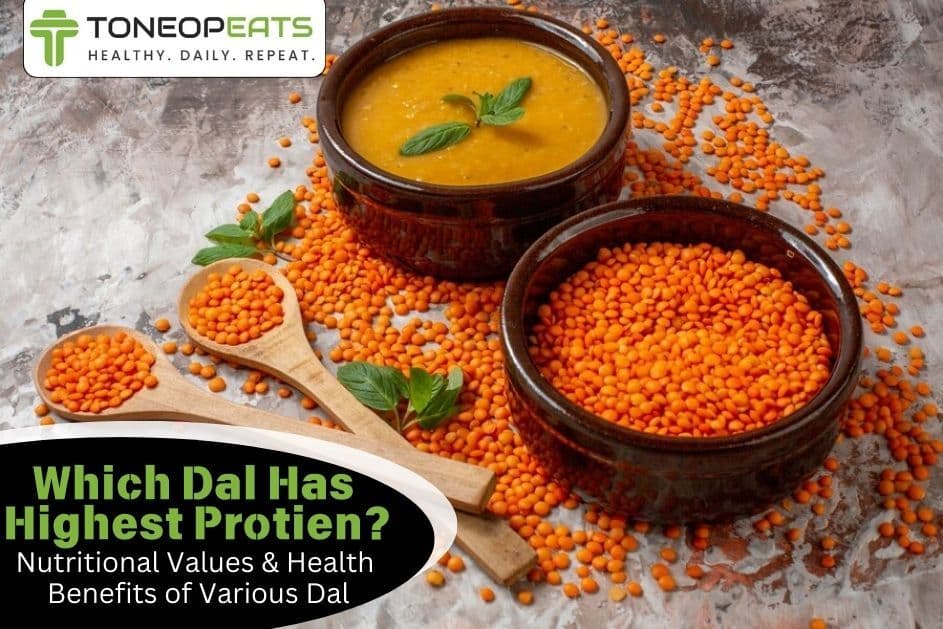Are you tired of the same old snacks? Looking for a nutritious way to boost your diet? Try out the healthiest recipe for sunflower seeds! With the rising healthy eating campaigns, many are turning to natural sources of protein, fibre, and essential vitamins. Sunflower seeds offer high antioxidants, healthy fats, vitamin E, and minerals, and they have become a go-to snack and ingredient for many meals. But how can you creatively use them beyond just sprinkling on salads? Easy sunflower seed recipes offer many benefits, from boosting your protein intake and controlling blood sugar to adding a crunchy texture.
But how can you include them in your daily meals without getting bored? This blog introduces six nutritious recipes for sunflower seeds and healthy cooking tips to help you enjoy these new favourite ingredients while supporting your overall wellness. So, let's discover the wholesome recipes!
Table Of Contents
1. How Do You Cook Sunflower Seeds To Eat? 6 Recipes
2. What Is The Healthiest Way To Eat Sunflower Seeds? 7 Ways To Eat
3. Do You Soak Or Boil Sunflower Seeds?
4. What Can I Do With Sunflower Seeds? 7 Uses
5. The Final Say
6. FAQs
7. References
How Do You Cook Sunflower Seeds To Eat? 6 Recipes
Let's explore six delicious and easy-to-follow recipes for sunflower seeds, from savoury snacks to sweet treats delivering healthiness:
1. Sunflower Seed And Coconut Chutney
This chutney combines the nutty richness of sunflower seeds with the tropical flavour of coconut, offering a powerhouse of nutrients like vitamin E, magnesium, and healthy fats to support heart health, brain function, and glowing skin. Coconut adds fibre and MCTs for energy, while spices enhance metabolism and flavour. For added healthiness, this can be eaten with easy 5-minute Indian snack recipes as a side dip.
Ingredients:
- Roasted sunflower seeds – ½ cup
- Grated coconut – ½ cup
- Green chilies – 2
- Garlic cloves – 2
- Lemon juice – 1 tsp
- Salt – as needed
- Water – as needed
- Mustard seeds – ½ tsp (for tempering)
- Curry leaves – a few (for tempering)
- Oil – 1 tsp (for tempering)
Steps To Make This Recipe For Sunflower Seeds:
1. Blend roasted sunflower seeds, grated coconut, green chillies, garlic, and lemon juice.
2. Blend to a smooth paste, adding water gradually to achieve the desired consistency. Adjust salt to taste.
3. Heat oil in a small pan. Add mustard seeds and let them pop. Add curry leaves and sauté for a few seconds.
4. Pour the sauteed tempering over the prepared chutney, mix well, and properly serve with dosa, idli, or steamed rice for a nutritious twist.
Enjoy it with ToneOp Care's raw, unroasted Sunflower Seeds product as a nutritious snack that can support heart health, improve skin appearance, aid weight loss, and boost your immune system.
2. Roasted Sunflower Seeds Energy Balls
These sunflower seeds energy balls are a delicious and nutritious snack. They offer a perfect balance of protein, fibre, plus healthy fats from sunflower seeds and oats. The natural sweetness of dates provides a dose of potassium and antioxidants, while chia seeds and peanut butter add omega-3s and sustained energy. These energy-packed bites are ideal for an on-the-go treat or post-workout snack.
Ingredients:
- Roasted sunflower seeds – ½ cup
- Rolled oats – ½ cup
- Pitted dates – 1 cup
- Peanut butter – 2 tbsp
- Honey – 1 tbsp
- Chia seeds – 1 tbsp
Steps To Make This Recipe For Sunflower Seeds:
1. Grind roasted sunflower seeds and healthy oats into a fine powder.
2. Add dates, peanut butter, honey, plus chia seeds to the mixture, blending until it forms a sticky dough.
3. Scoop out portions and properly shape them into small balls using your hands.
4. Place the balls in the refrigerator for 30 minutes to set. Store in an airtight bowl and enjoy as needed.
Enjoy it with ToneOp Care’s raw, unroasted Pumpkin Seeds to boost your immune system, lose weight, and manage blood sugar levels. They’re a nutritious and natural snack option.
3. Sunflower Seeds And Vegetable Stir-Fry
This stir-fry is a crunchy, low-calorie meal prep lunch recipe that combines nutrient-dense vegetables with sunflower seeds' nutty flavour and health benefits. Rich in vitamins, antioxidants, and magnesium, it supports heart health, boosts immunity, and promotes digestion. Perfect as a main course or a side dish, it adds a healthy twist to your meals.
Ingredients:
- Sunflower seeds – ¼ cup
- Broccoli – 1 cup (cut into florets)
- Bell peppers – 1 cup (sliced)
- Carrots – 1 cup (julienned)
- Garlic – 2 cloves (minced)
- Soy sauce – 2 tbsp
- Sesame oil – 1 tbsp
- Salt and pepper – to taste
Steps To Make This Recipe For Sunflower Seeds:
1. Heat sesame cooking oil in a large wok over medium heat.
2. Add minced garlic and sauté until aromatic.
3. Toss in broccoli, carrots, and bell peppers, stir-frying on high heat for 5-7 minutes until tender yet crisp.
4. Drizzle soy sauce over the vegetables and season with salt and pepper. Stir to combine.
5. Sprinkle sunflower seeds on top, toss lightly, and serve immediately as a healthy side or over steamed rice.
Try ToneOp Care's Wheat Grass Powder for a natural boost to your health. Packed with essential nutrients and antioxidants, this vegan and gluten-free powder aids in detoxification, weight management, and digestive health. Enjoy the benefits of 100% natural wheat grass in every serving.
4. Quinoa Sunflower Seed Khichdi
This wholesome khichdi is one of the easy recipes for a high-protein breakfast. It blends the high-protein profile of quinoa with the nutty crunch of sunflower seeds, offering a meal rich in essential amino acids, zinc, and fibre. It supports digestion, boosts immunity, and provides sustained energy. With colourful vegetables and mild spices, it’s a comforting dish for any time of the day.
Ingredients:
- Quinoa – 1 cup
- Sunflower seeds – ¼ cup
- Moong dal – ½ cup
- Turmeric – ½ tsp
- Cumin seeds – 1 tsp
- Ginger – 1 tsp (grated)
- Vegetables (carrots, peas) – 1 cup (chopped)
- Water – 4 cups
- Salt – to taste
Steps To Make This Recipe For Sunflower Seeds:
1. Rinse quinoa and moong dal thoroughly, then soak them in water for 15 minutes.
2. Heat a dry skillet and lightly roast the sunflower seeds. Set aside.
3. Heat a small tablespoon of cooking oil in a pressure cooker. Add cumin seeds and let them sizzle. Add grated ginger and sauté for a minute.
4. Stir in chopped vegetables, quinoa, moong dal, turmeric, and salt. Mix well.
5. Pour 4 cups of water into the pot, close the lid, and pressure cook for 2-3 whistles.
6. Garnish with roasted sunflower seeds before serving hot.
Try ToneOp Care’s Spirulina Powder. This nutrient-dense superfood can help increase haemoglobin levels, boost your immune system, and significantly boost energy. It’s a vegan, gluten-free option packed with antioxidants and nutrients, making it a popular choice even among students.
5. Sunflower Seeds Banana Smoothie
This creamy smoothie is a powerhouse of nutrition, providing potassium, magnesium, and healthy fats to support muscle recovery, heart health, and energy replenishment. The combination of bananas and sunflower seeds offers natural sweetness, fibre, and omega-3 fatty acids, making it a perfect post-workout drink or breakfast option.
Ingredients:
- Banana – 1 (ripe)
- Roasted sunflower seeds – 2 tbsp
- Milk or plant-based milk – 1 cup
- Honey – 1 tsp (optional)
- Ice cubes – 4
Steps To Make This Recipe For Sunflower Seeds:
1. Place the banana, roasted sunflower seeds, and milk in a blender. Blend until smooth and creamy.
2. Add honey if desired for extra sweetness. Toss in the ice cubes and mix again.
3. Pour into a standard tall glass, garnish with a sprinkle of sunflower seeds, and serve immediately for a refreshing treat.
ToneOp’s Intermittent Fasting Weight Loss Plan lets you choose from different fasting schedules, ranging from 8 to 20 hours, to suit your routine. If you have trouble adjusting to fasting, their diet coach can help you get personalised fasting schedules, eating windows, guided nutritional support and science-backed strategies to stay on track. This makes it a healthy way to lose weight without compromising on taste.
6. Sunflower Seed And Spinach Soup
This creamy soup combines concentration increasing foods including antioxidant-rich sunflower seeds, with nutrient-dense spinach, providing a high source of vitamin E, magnesium, and iron. It helps boost immunity, support skin health, and improve energy while being a comforting, low-calorie meal option.
Ingredients:
- Sunflower seeds – ½ cup
- Spinach – 2 cups (chopped)
- Onion – 1 (chopped)
- Garlic – 2 cloves (minced)
- Vegetable broth – 2 cups
- Olive oil – 1 tbsp
- Salt and pepper – to taste
Steps To Make This Recipe For Sunflower Seeds:
1. Heat olive oil, and sauté chopped onion and minced garlic until translucent and aromatic.
2. Add chopped spinach and properly cook until wilted, stirring occasionally.
3. Stir in sunflower seeds and pour in the vegetable broth. Let the mixture simmer for 10-12 minutes.
4. Blend the soup using an immersion or regular blender until smooth and creamy.
5. Season with salt plus black pepper to taste. Serve warm with healthy crusty bread or as a light, nutritious meal.
ToneOp Fit's Balanced Diet Weight Loss Plan emphasises nutrient-rich foods like fruits, vegetables, nuts, and seeds for sustainable weight loss. The plan features a personalised diet tailored to your needs, ensuring you receive balanced nutrition without additional supplements. Access to over 40,000 healthy recipes allows you to enjoy many delicious and nutritious meals supporting your weight loss goals.
Also Read: 5 Simple And Healthy Chia Seed Recipes For Weight Loss
What Is The Healthiest Way To Eat Sunflower Seeds? 7 Ways To Eat
Let's explore seven nutritious ways to include sunflower seeds, from snacking to cooking. You can also visit ToneOp Eats to experience the taste and wellness of nutrient-dense, calorie-counted meals.
1. Have Roasted Or Flavoured Seeds
Roasting sunflower seeds enhances their nutty flavour and makes them a delightful snack. Opt for dry-roasted or lightly salted versions to limit added fats and sodium. They are high in healthy fats, magnesium, plus vitamin E, supporting heart and skin health. Avoid heavily processed or sugar-coated seeds to maintain their nutritional value.
2. Try In Powdered Form
Ground sunflower seeds can be a versatile addition to your meals. Adding the powder to smoothies, yoghurt, or soups provides a concentrated dose of protein, antioxidants, and healthy fats. The powdered form is especially beneficial for those who want to boost their nutrition discreetly without altering the meal's texture significantly.
3. Add In Healthy Snacks
Including sunflower seeds in healthy Indian snacks with low calories, like granola bars, energy balls, or trail mixes, is a great way to enjoy their crunch and nutritional benefits. They provide a natural energy boost and a good balance of protein, fibre, and omega-3 fatty acids, keeping hunger at bay between meals.
4. Include In Curries, Salads, And Pasta
Sunflower seeds add a delightful crunch to curries, salads, and pasta dishes. Sprinkle them over leafy greens or mix them into creamy curries for texture and added nutrition. Their vitamin E and zinc content support immunity and glowing skin, making these dishes even healthier.
5. Add Sunflower Seeds To Veggies
Tossing sunflower seeds into sautéed or roasted vegetables adds a nutty flavour and increases nutritional content. The seeds' healthy fats and minerals, like selenium and magnesium, complement the antioxidants in vegetables, creating a nutrient-dense dish ideal for all the healthy meal ideas for your targeted goals.
6. Mix In Breads And Baked Goods
Sunflower seeds are an excellent addition to homemade bread, muffins, and cookies. They enhance the texture while boosting the fibre, protein, and healthy fat content. Including these seeds in baked goods makes them more filling and nutrient-rich, perfect for a wholesome snack or breakfast.
7. Try Sunflower Seed Milk And Butter
Sunflower seed milk and butter are fantastic alternatives to dairy and nut-based products. While being allergy-friendly, these creamy options are full of vitamin E, healthy fats, and protein. Use them in smoothies, spreads, or as a base for your favourite recipes to enjoy their nutty flavour.
Try ToneOp Care's Anti-Aging Vegan Solution, which is a daily supplement designed to combat the signs of ageing and promote well-being. Enriched with essential omega-3, 6, and 9 fatty acids, this vegan formula supports eye health, regulates blood pressure, rejuvenates skin, aids in weight management, and strengthens bone density.
Also Read: 3 Healthy Chicken Salad Recipes With 4 Low-Calorie Options For Weight Loss!
Do You Soak Or Boil Sunflower Seeds?
Depending on your taste preference and cooking needs, you can soak or boil sunflower seeds. Consider these benefits of each process to opt for the best ways to eat sunflower seeds:
1. Soaking Sunflower Seeds
Soaking a handful of sunflower seeds for 8-12 hours helps to reduce phytic acid, an antinutrient that can hinder mineral absorption. This can make the seeds easier to digest and increase their nutritional value.
- Process: Cover the seeds with filtered water and let them soak at room temperature. Drain and properly rinse the seeds before using them in your recipes.
2. Boiling Sunflower Seeds
Boiling healthy sunflower seeds in salted water infuses them with flavour and can soften the hulls, making them easier to crack and add to a healthy protein diet for weight loss or muscle-building goals.
- Process: Bring a boiling pot of salted water, add the sunflower seeds, and simmer for 15-20 minutes. Drain the seeds and spread them on a baking sheet to dry before roasting.
3. Roasting Sunflower Seeds
Whether you soak or boil your sunflower seeds, the final step is usually roasting them to enhance their flavour and crispiness. Preheat to 350°F (175°C) and spread the seeds in a single layer on a clean baking sheet. Roast for nearly 10-15 minutes or until golden brown and fragrant.
Ultimately, the best method depends on your preferences and specific recipe. Experiment with both methods to see which one you prefer!
Also Read: Here Are 10 Wholesome & Healthy Snacks For Kids To Enjoy Any Time!
What Can I Do With Sunflower Seeds? 7 Uses
Note these ways to use sunflower seeds in cooking to reap their maximum benefits with taste:
Sunflower Seeds Use | Inclusions |
Nutty Roasted Flavour | Roast sunflower seeds with salt, herbs, or spices for a satisfying snack. Experiment with flavours like chilli lime, rosemary garlic, or sweet and spicy. |
Shelled Seeds Snacks | Add shelled sunflower seeds to trail mix, granola, yoghurt, or oatmeal to boost protein, fibre, and healthy fats. They are also good toppings for salads and soups. |
Healthy Cooking Oil | Sunflower oil is a versatile cooking oil high in vitamin E and polyunsaturated fats. It's suitable for frying, baking, and sautéing. |
Baking Flour | Sunflower seed flour is a gluten-free flour used to make bread, cakes, muffins, and pancakes. It adds a nutty flavour and protein to your baked goods. |
Healthy Butter Dip | Blend sunflower seeds with olive oil, lemon juice, garlic, plus herbs to create a creamy and nutritious dip for vegetables, crackers, or bread. |
Toppings | Sprinkle sunflower seeds on top of salads, soups, and baked goods for a crunchy and flavorful finish. They also add a visual appeal to your dishes. |
Also Read: Indulge In These 4 Power-Packed 40-gram Protein Meals
The Final Say
These recipes for sunflower seeds are just a starting point. Get creative and experiment with different flavours and combinations. For instance, add dried fruits like cranberries or goji berries to your granola, or spice up your stir-fry with red pepper flakes or ginger. You can also use sunflower seed butter as a spread on sandwiches or as a dip for fruits and vegetables. Sunflower seeds can help you go from a quick and easy snack to a nutritious meal or a delicious dessert.
FAQs
1. Can sunflower seeds be eaten raw?
Absolutely! Sunflower seeds are perfectly edible raw. Many people enjoy their natural nutty flavour without any additional processing. While sunflower seeds can be eaten raw, roasting helps to reduce phytic acid, an antinutrient that hinders mineral absorption. However, raw sunflower seeds are still a nutritious snack option.
2. Are sunflower seeds good for health?
Yes, sunflower seeds are full of protein, fibre, healthy fats, vitamin E, magnesium, and other essential minerals. They offer immense health benefits, including improved heart health, boosted immunity, and enhanced skin and hair health.
3. How many spoons of sunflower seeds per day?
A small handful, about 1-2 ounces, of sunflower seeds per day is a reasonable serving size. However, consume them in moderation as they are calorie-dens, and overconsumption can lead to weight gain.
4. How do you store sunflower seeds to eat later?
To keep your sunflower seeds fresh and flavorful, store them in an airtight bowl in a cool, dark place, away from sunlight and heat. This prevents them from going rancid. Avoid storing them near strong-smelling foods, as they can absorb odours.
References
- https://cookpad.com/in/search/roasted%20sunflower%20seeds
- https://www.healthyfood.com/ingredient/healthy-sunflower-seeds-recipes/
- https://www.marthastewart.com/how-to-eat-sunflower-seeds-8704467
- https://www.amritahealthfoods.com/blogs/news/7-ways-to-eat-sunflower-seeds?srsltid=AfmBOopwLLNlz0kX16UN7exfi4-tMMbhIjX7ke1b4loT8uDLCaLKxj8e
- https://jaybeesnuts.com/blogs/storing-nuts/8-healthy-ways-to-add-sunflower-seeds-to-your-diet
- https://www.epicurious.com/ingredients/8-ways-to-use-sunflower-seeds-article
- https://www.carehospitals.com/blog-detail/health-benefits-of-sunflower-seeds/#:~:text=For%20most%20adults%2C%20a%20good,like%20overexposure%20to%20certain%20minerals.
- https://www.1mg.com/ayurveda/sunflower-114#:~:text=Tips%3A-,1.,have%20it%20as%20a%20snack.
About ToneOp Eats
ToneOp Eats is your go-to health kitchen, delivering nourishing meals in Bhopal, Indore & Bangalore. The meals are prepared with strategically planned nutrition and portions for your health goal. With just three simple steps, you can subscribe to a meal plan for weight loss, muscle gain, or balanced diet goals. Experience the perfect taste and wellness in our nutrient-dense and calorie-counted range of meals, including protein-rich grills and meal bowls, full of fibre salads & smoothies, workout-friendly protein 30,40,50 meals and refreshing juices.







